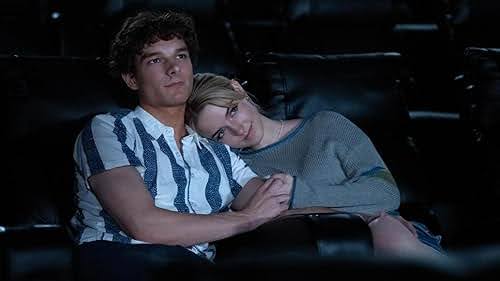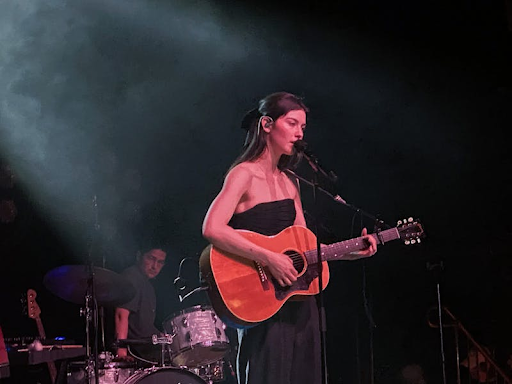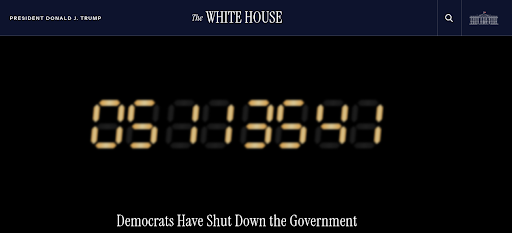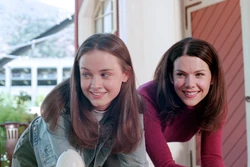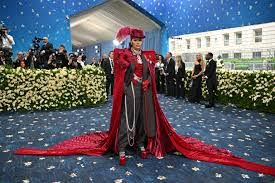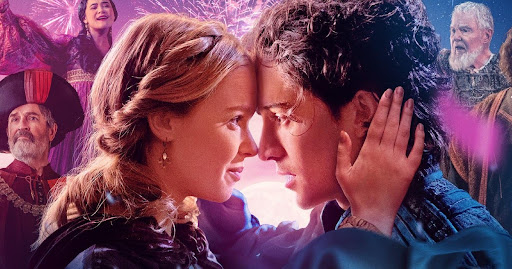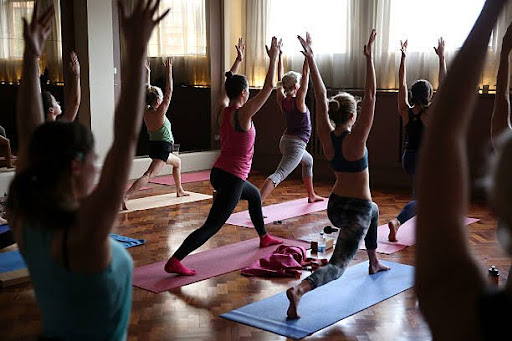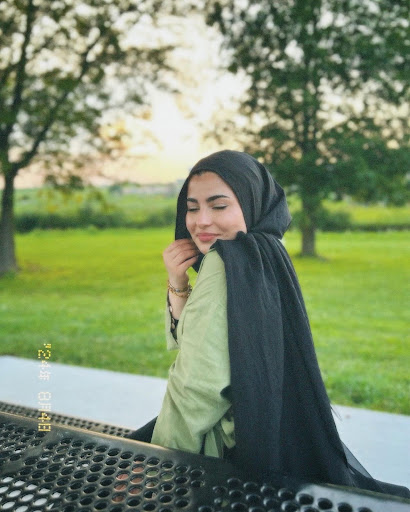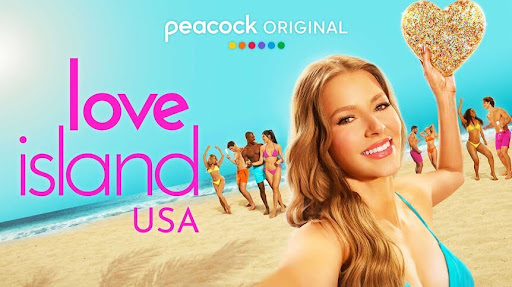
Love Island is a reality TV show. In search of love and a fun summer, a group of unmarried people with less dating experience stay in a luxurious villa owned by the show. The bonds between the islanders will be put to the test throughout the series with unexpected challenges and rules. There are challenges that they are put through to test their loyalty to each other. They must win over the hearts of the public and each other to stay in the show and have a chance to win the $100,000 prize. In the end, the public decides who stays on “Love Island” and who leaves, and eventually, who wins. Cameras are everywhere, and “everything” is live. Love Island has had 7 seasons for the U.S.A., the UK has 12 seasons so far, but as for the U.S, this is only the 2nd season with mostly Gen Z cast.
Love Island, in my opinion, is basically what you get when you put a bunch of chronically online people in their 20’s without any connection to the real world, and then making them participate in a series of “challenges” (humiliation rituals) and then putting a camera in their face for the public to see and decide what they want to do with that. It seems more of a social experiment for entertainment rather than a place to find love.
The most recent season’s cast ages range from 21-29, making the majority of them Gen Z. 18-27 year olds right now are considered Gen Z 2.0, and polling and surveys continue to show this inside division. So, politically, there’s two types of Gen Z. Most these people experienced the pandemic during high school, they tend to lean more towards conservative and the “traditional life”, this doesn’t mean the whole Love Island cast is conservative, but watching what they value and how they handled the show is interesting and reflects on their relation the whole “Gen Z 2.0”.
For people like Ace and Bella, who were on the younger side of islanders this season, they both mentioned the concept of being “high value” because they have “better” traits than everyone else, which is red pill terminology. In this season, there was also a lot of talk about the “traditional life,” which is the traditional wife or husband coming from most individuals. To me, that was interesting because the show doesn’t seem like a serious dating-to-marry experience; it was messy and loveless, at least for this season. It’s also confusing for them to mention that, since they don’t get enough time together to decide who their next life partner is. They had no background information on each other, and each person was viewed based on how they handle their partners and challenges, which should take more time and information for people to decide who their partner really is. People were also looking too deeply into the cast’s lives, finding old reposts, social media posts, tweets, etc. That reveals their personal life and, more so, their political opinions. We had people like Austin, reposting things about Trump that are anti-Kamala, TJ following Andrew Tate, and two girls were kicked off for saying something racist.
This generation has grown up on camera, and social media is far too available for us. So, for me, what really ruined this season was the awareness that they are being filmed, basing their decisions and actions on the watchers’ opinions. They would either play into being watched or reference it as “America” when it’s mostly bored teen kids. This made the show feel more like a game rather than a search for a love journey, more like Big Brother than Love Island. It seemed to me the islanders were focused more on giving the public what they want with a specific outcome in mind, and copying what went down in season 6 instead of actually finding love and connection, which is a waste of time. Love Island season 6 was a hit because of the characters’ honesty to the show and doing what the show actually requires.
This season seemed very noncommittal because of all the new ideas being introduced to these people, like being nonchalant or high value. Yes, there are new bombshells that are supposed to ruin a couple’s connection, but nobody was actually trying to stay with who they were with; everyone kept switching partners, which has not been the case in previous seasons. It seemed everyone wanted that $100,000 more than the other. This relates to today’s dating traditions, where no one is committing to anyone and is always “exploring” for better options, whether that’s through dating apps, social media, or even real social life.

